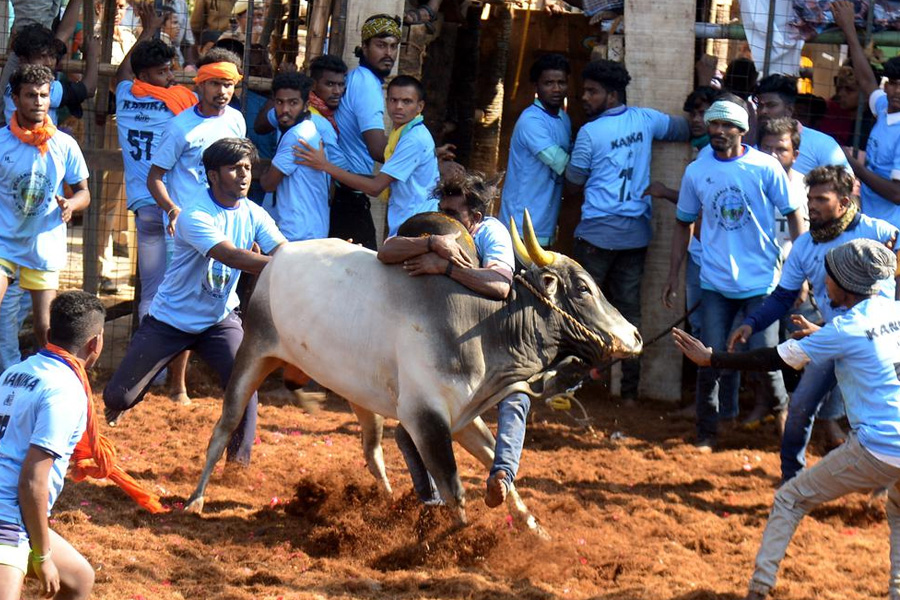
This analysis delves into the evolving animal rights jurisprudence within India’s legal framework examining the dichotomy between eco-centric and anthropocentric perspectives.
Authors
Trusha Modi, Jindal Global Law School, O.P. Jindal Global University, Sonipat, Haryana, India.
Shaun Star, Professor, Jindal Global Law School, O.P. Jindal Global University, Sonipat, Haryana, India.
Summary
This case commentary provides a critical analysis of Animal Welfare Board of India v Union of India and Anr (Jallikattu II case), where the constitutional bench of the Indian Supreme Court upheld the legislative changes permitting the continuation of Jallikattu, a traditional bull-taming festival in Tamil Nadu.
The analysis delves into the evolving animal rights jurisprudence within India’s legal framework examining the dichotomy between eco-centric and anthropocentric perspectives. Additionally, the commentary assesses the implications of the Jallikattu II judgment on the constitutional dimensions of animal rights, drawing parallels with the jurisprudence developed by the Indian courts that recognised animals as rights holders, along with legal rights attributed to non-human entities such as rivers, forests and deities.
In conclusion, the commentary reflects on the jurisprudential shifts observed in the Jallikattu II judgment which may have broader implications regarding legal considerations of animal rights within India’s constitutional and legislative framework.
Published in: Jindal Global Law Review
To read the full article, please click here.

